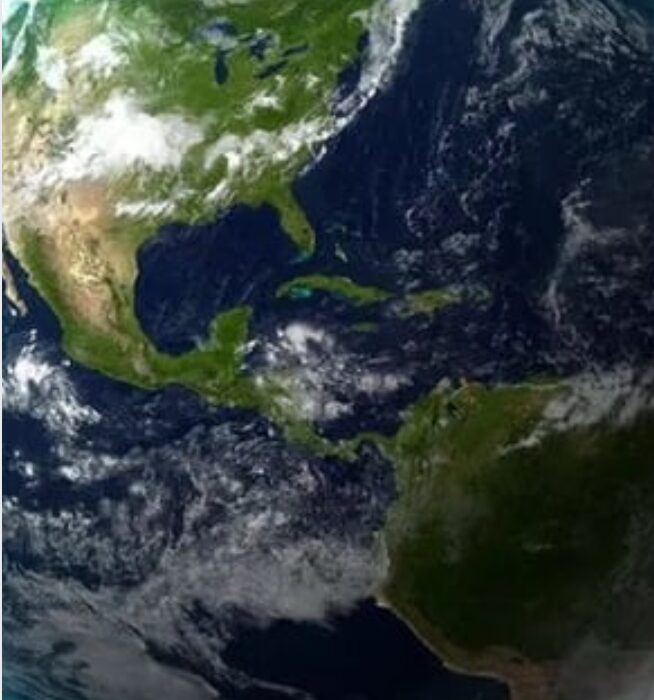Earth Records One of Shortest Days Ever, May Prompt Historic Time Adjustment

In a rare astronomical occurrence, Earth will complete its full rotation today, July 22, in slightly less time than usual by just 1.34 milliseconds. Though imperceptible in daily life, the tiny shift marks one of the shortest days ever recorded and underscores a curious trend in Earth’s rotational behavior.
Scientists have observed in recent years that Earth’s rotation isn’t as stable as once believed. If this acceleration continues, timekeepers may be forced to implement a negative leap second subtracting a second from atomic clocks — by the year 2029. Such a move would be unprecedented.
Historically, Earth’s rotation has been gradually slowing due to tidal friction caused by the moon, which steadily moves away from the planet, sapping its rotational energy.
Yet, despite this long-term trend of lengthening days, recent data suggests intermittent speedups that puzzle scientists.
Research published in 2023 indicates that in Earth’s early history, a day lasted about 19 hours due to the balance between solar and lunar tidal forces. While the long-term trend points to slower rotations, today’s anomaly is a reminder that Earth’s spin can still surprise us even in milliseconds.







